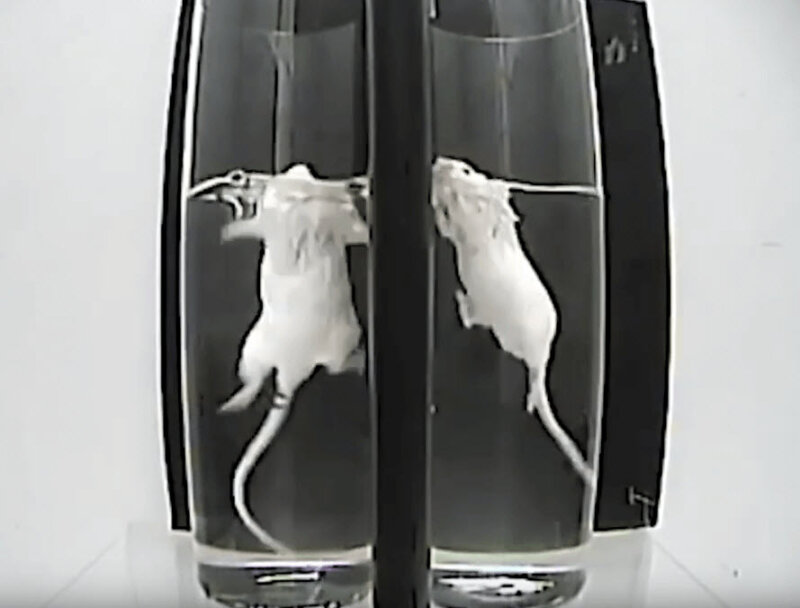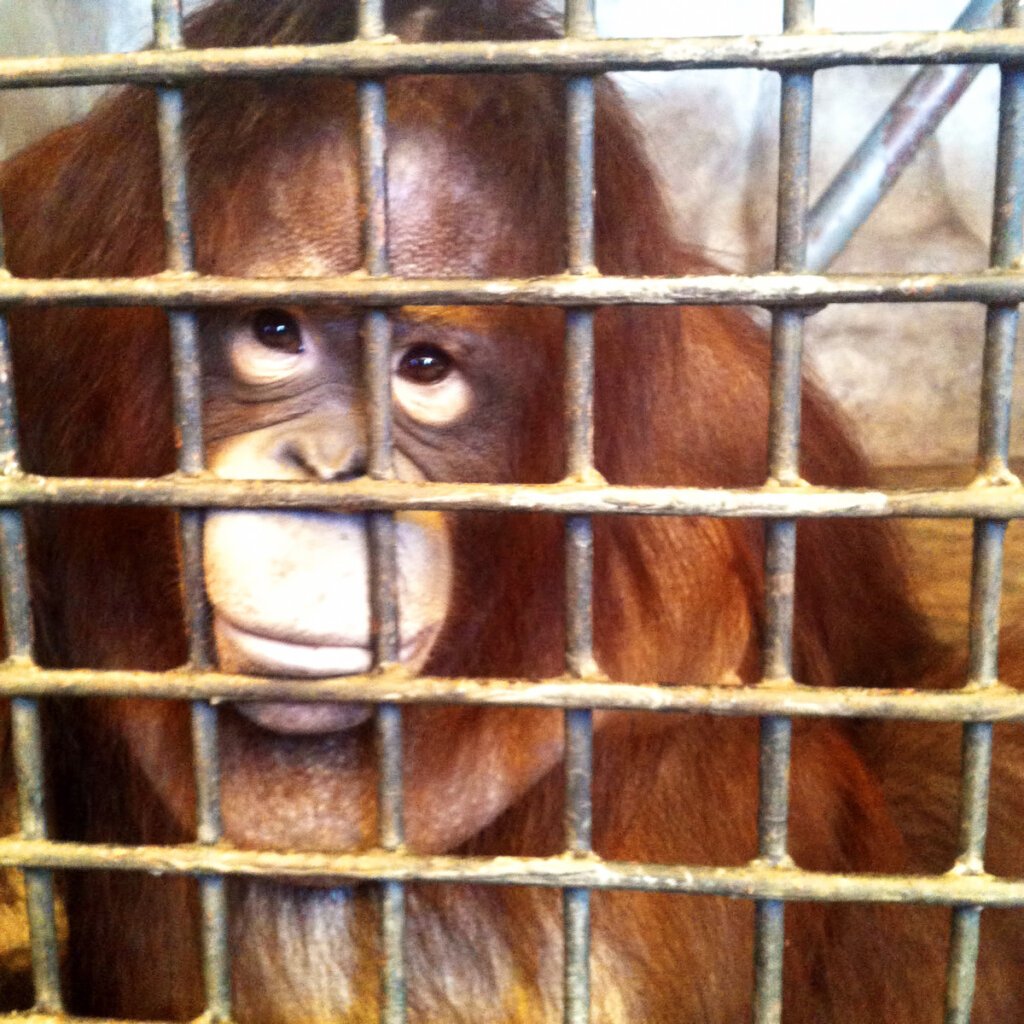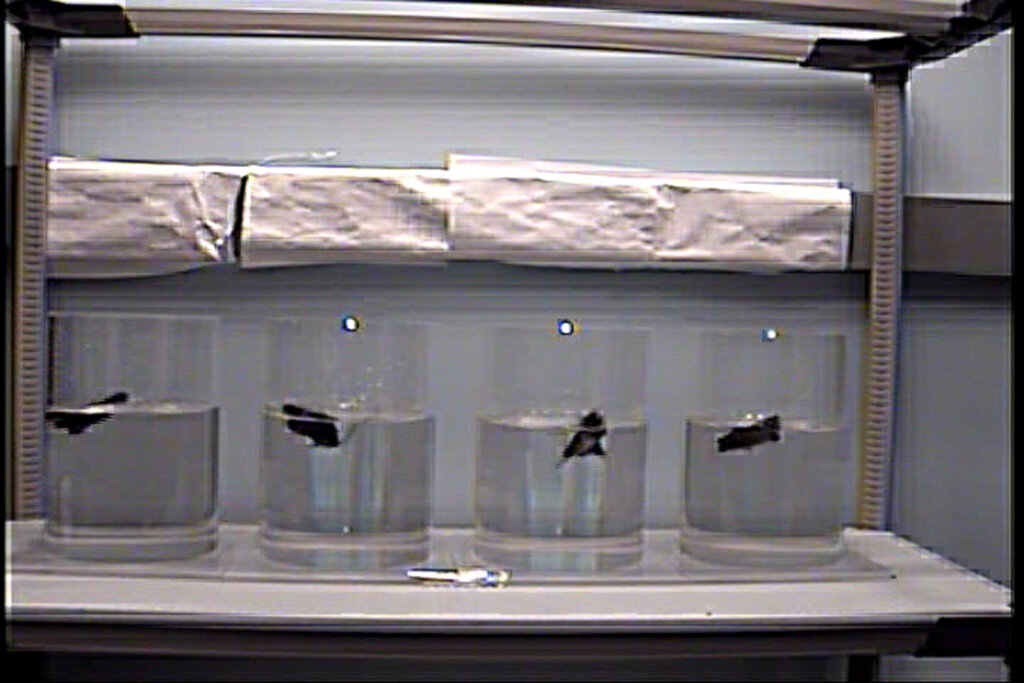
Huge News! Pharma Giant GlaxoSmithKline Says NO to Forced Swim Test
Fantastic news! After hearing from PETA affiliates, multinational pharmaceutical company GlaxoSmithKline (GSK) confirmed that it has permanently ended the use of the forced swim test on mice and other animals.

PETA UK provided the company with evidence about the forced swim test, and now, we can congratulate the pharmaceutical giant on this compassionate move!
GSK is one of the world’s top 10 pharmaceutical companies in terms of revenue. After talks with PETA affiliates, it became the 14th company and 12th pharmaceutical company – joining Pfizer, Johnson & Johnson, Bayer, AbbVie, Roche, and AstraZeneca – to commit to not using the test.
What Is the Forced Swim Test?
In the widely discredited test – which is often conducted in an attempt to study human depression – mice, rats, guinea pigs, hamsters, and gerbils are forced into inescapable beakers filled with water. Watch the video to see for yourself what these animals go through:
In these near-drowning experiments, the panicked animals try to escape by attempting to climb up the sides of the beakers or even diving underwater in search of an exit. They paddle furiously, desperately trying to keep their heads above water.
Experimenters time how long it takes them to stop struggling and begin to float, arguing that those who swim for less time are in a state of “despair”.

The Forced Swim Test Is Bad Science
The test does nothing more than terrify animals and delay the development of effective new treatments for depression that are so desperately needed.
Between 2002 and 2018, GSK employees published at least 29 papers that describe the use of the forced swim test in experiments involving at least 1,327 mice and 447 rats. GSK employees attempted to ascertain whether certain compounds or genetic manipulations affected an animal’s level of depression. However, the applicability of an animal’s behaviour during the forced swim test to their mood, to human depression, or to the utility of a compound for treating human depression has been substantially refuted.
The test has been heavily criticised by scientists who argue that floating is not a sign of depression or despair but rather a positive sign of learning, conserving energy, and adapting to a new environment. Ultimately, the test is an extremely poor predictor of whether a drug will work to treat depression in humans.
Urge Eli Lilly to Ban Test, Too
Pharmaceutical giant Eli Lilly is still refusing to commit to banning the cruel and pointless test. Tell it what you think about tormenting mice and hamsters – send the company a message now.
Help Animals in 2025: Renew Your PETA Membership!





